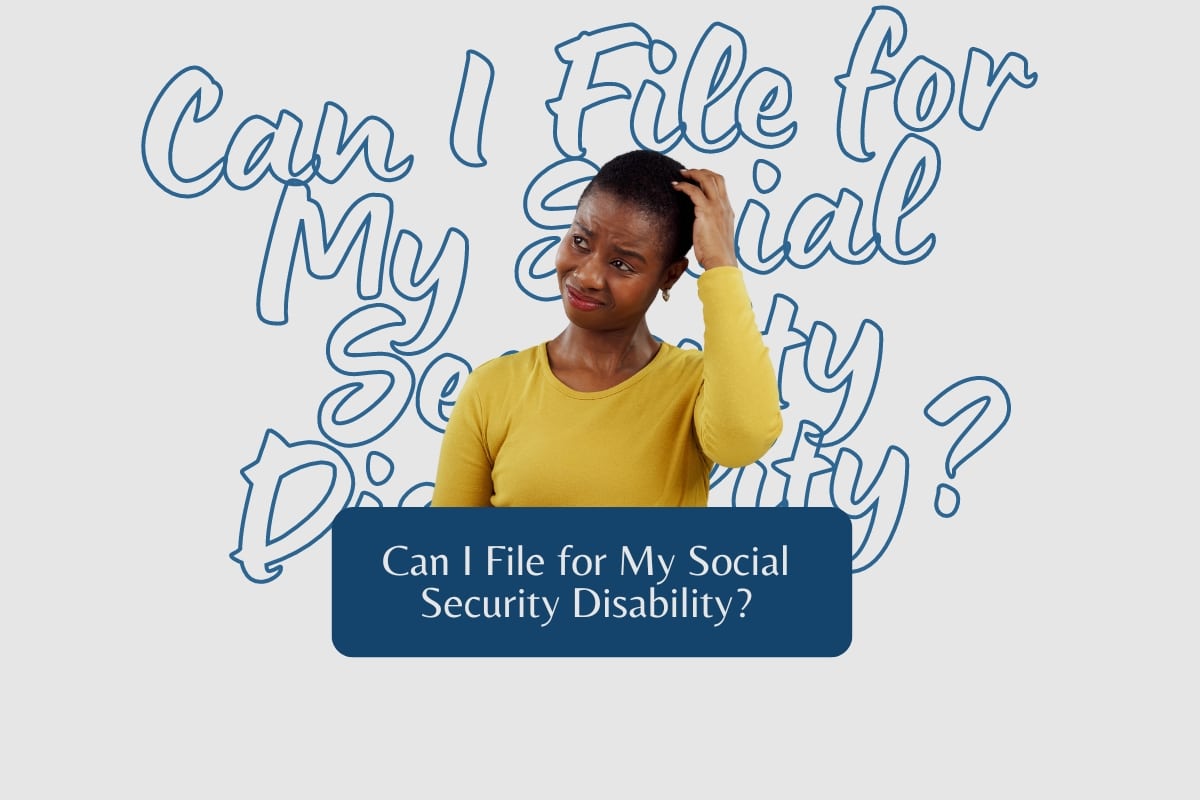At family gatherings or after church, I often get asked, “Can I file for my disability? I’ve got X Y Z going on and it’s getting harder to do my job.” My first question is always, “Have you stopped working?” Not everyone can put in a claim for Social Security disability. First, you must be out of work. Then, you must meet other criteria unrelated to your health.
If you’ve worked enough in recent years and paid federal taxes, it’s like paying an insurance premium for Social Security Disability insurance coverage. Think of it like car insurance: if you’ve paid the premium, you’re “paid up” and can file a claim. Sometimes, a deceased spouse or retired or disabled parent may have enough work credits to extend coverage to a surviving spouse or a disabled adult child. The maximum a disabled person can receive in 2024 is $3,822 per month, but it can be less, depending on your earnings history.
Supplemental Security Income (SSI)
Another program is Supplemental Security Income, or SSI. Applying for disability and SSI involves looking at your assets, like cash or things with cash value. During the disability screening, Social Security will ask about income and resources, such as checking and savings accounts, 401k accounts, and property ownership. If you qualify through this means test, you can put in an SSI application along with your disability application. Or just apply for SSI if you lack enough work credits. In 2024, the maximum monthly SSI payment is $943 if you’re single, and $1,175 if you’re married.
Disability benefits under your work credits usually result in a higher check amount and more back pay. These benefits can be paid up to 12 months before the application. For SSI, the maximum back pay starts the first full month after you file. So if you applied on February 6th, the first month for back pay is March 1.
Get Expert Help
Want an experienced lawyer to handle your case? Check us out at www.hall-rouse.com, or call us at 1-866-425-5347. We’re here to help.




